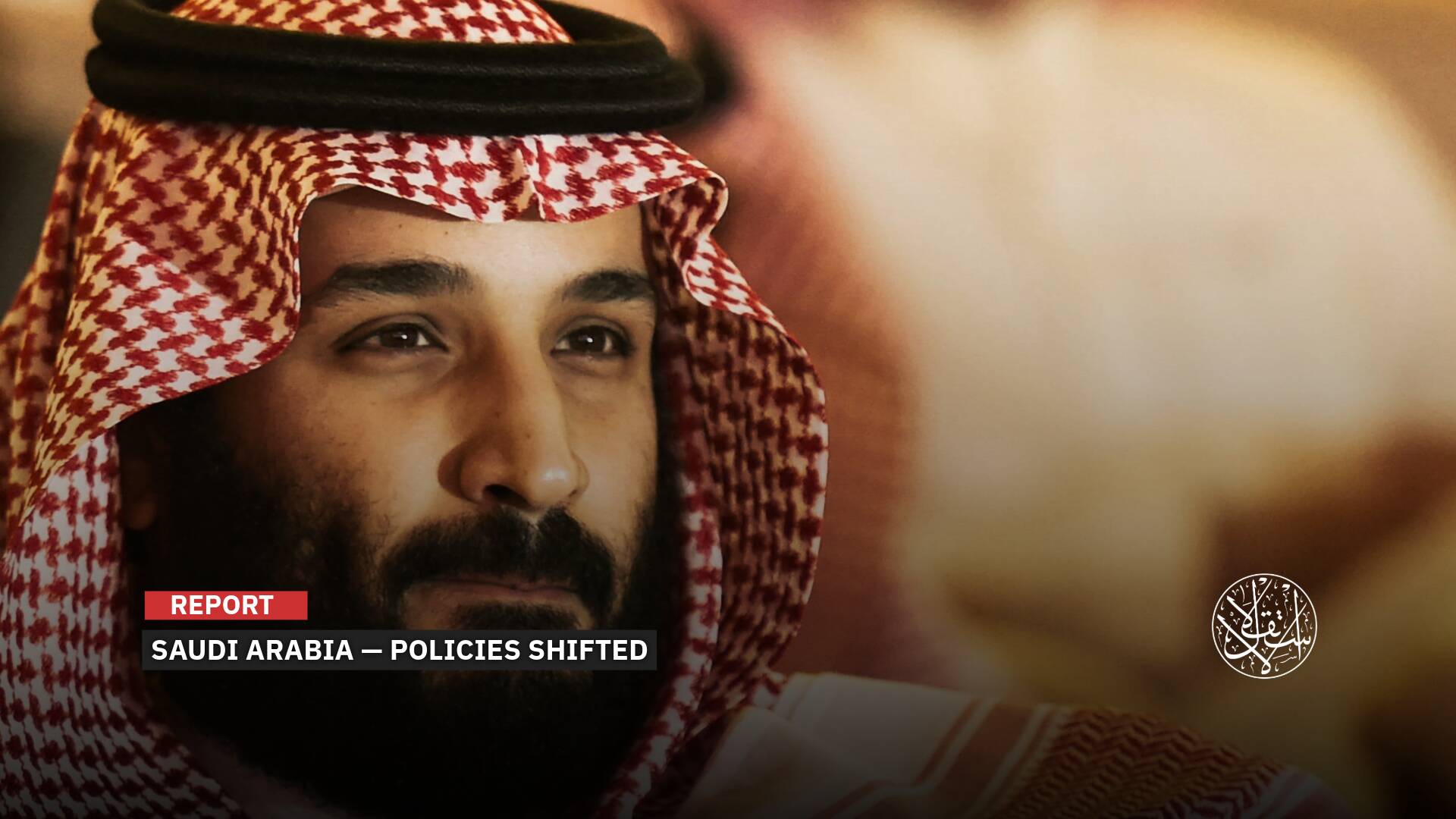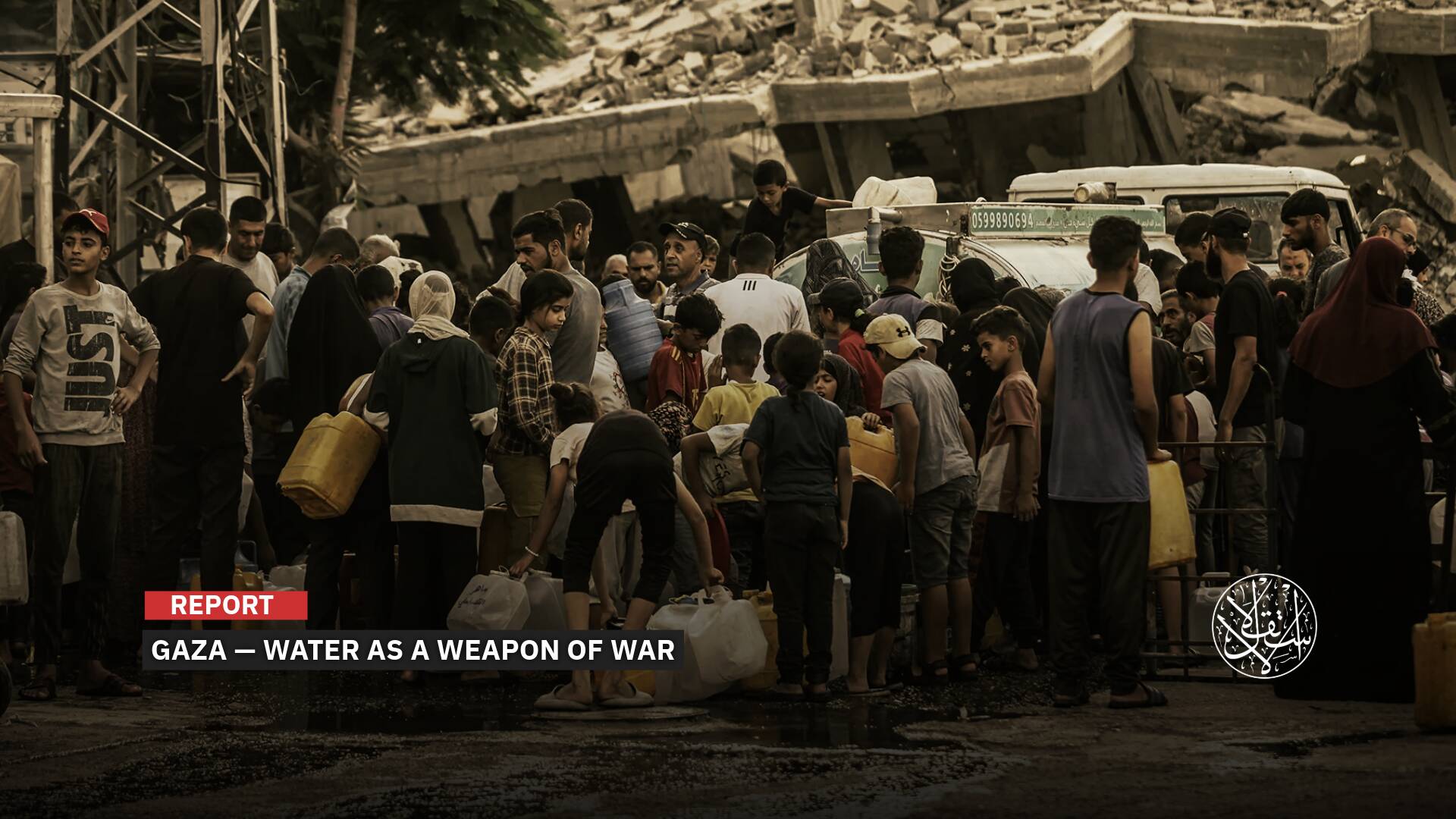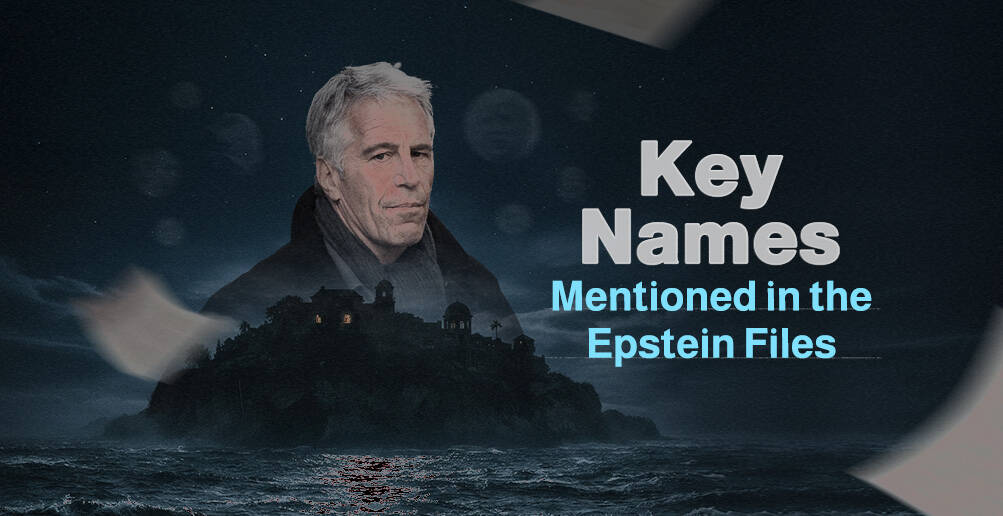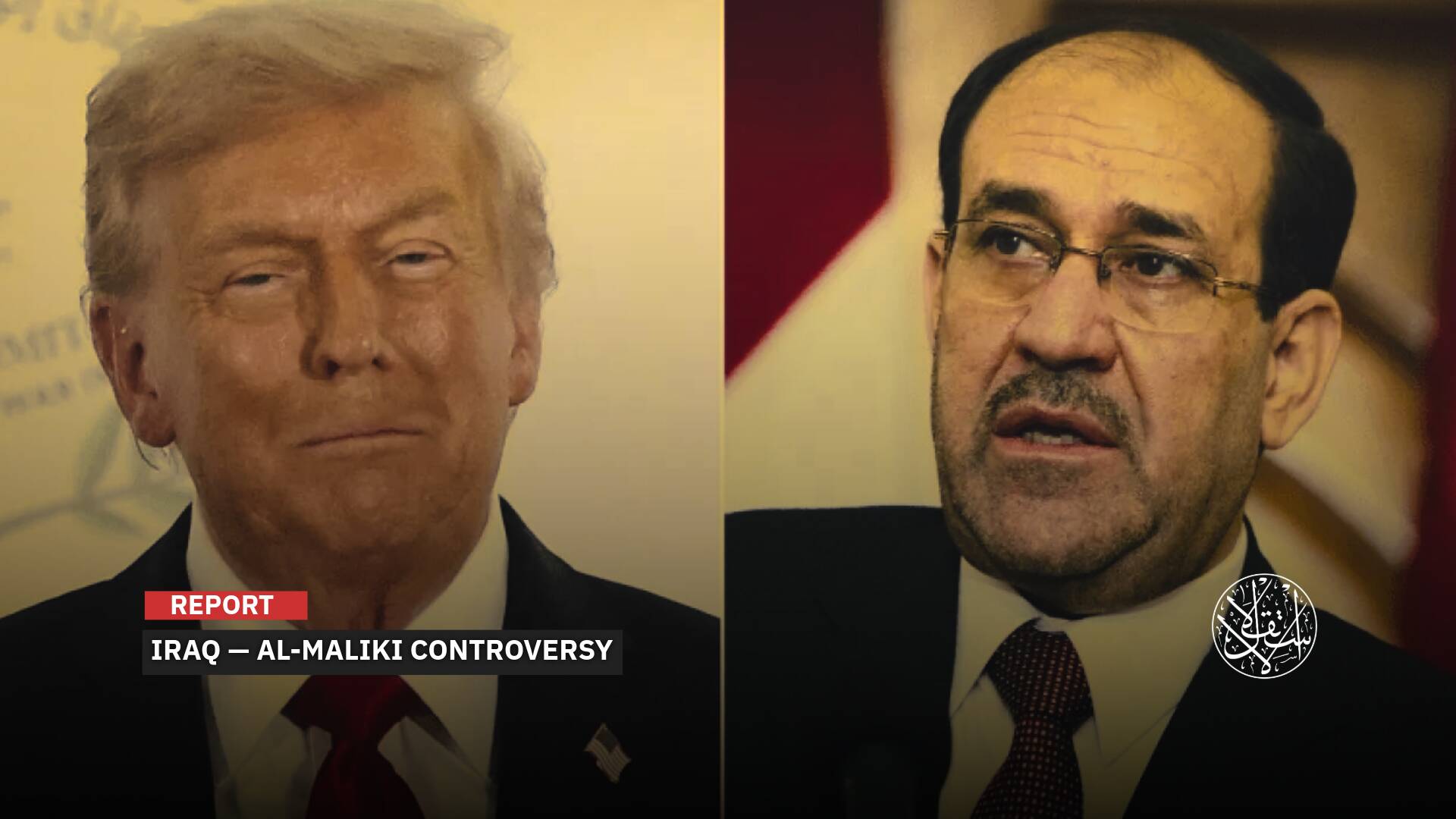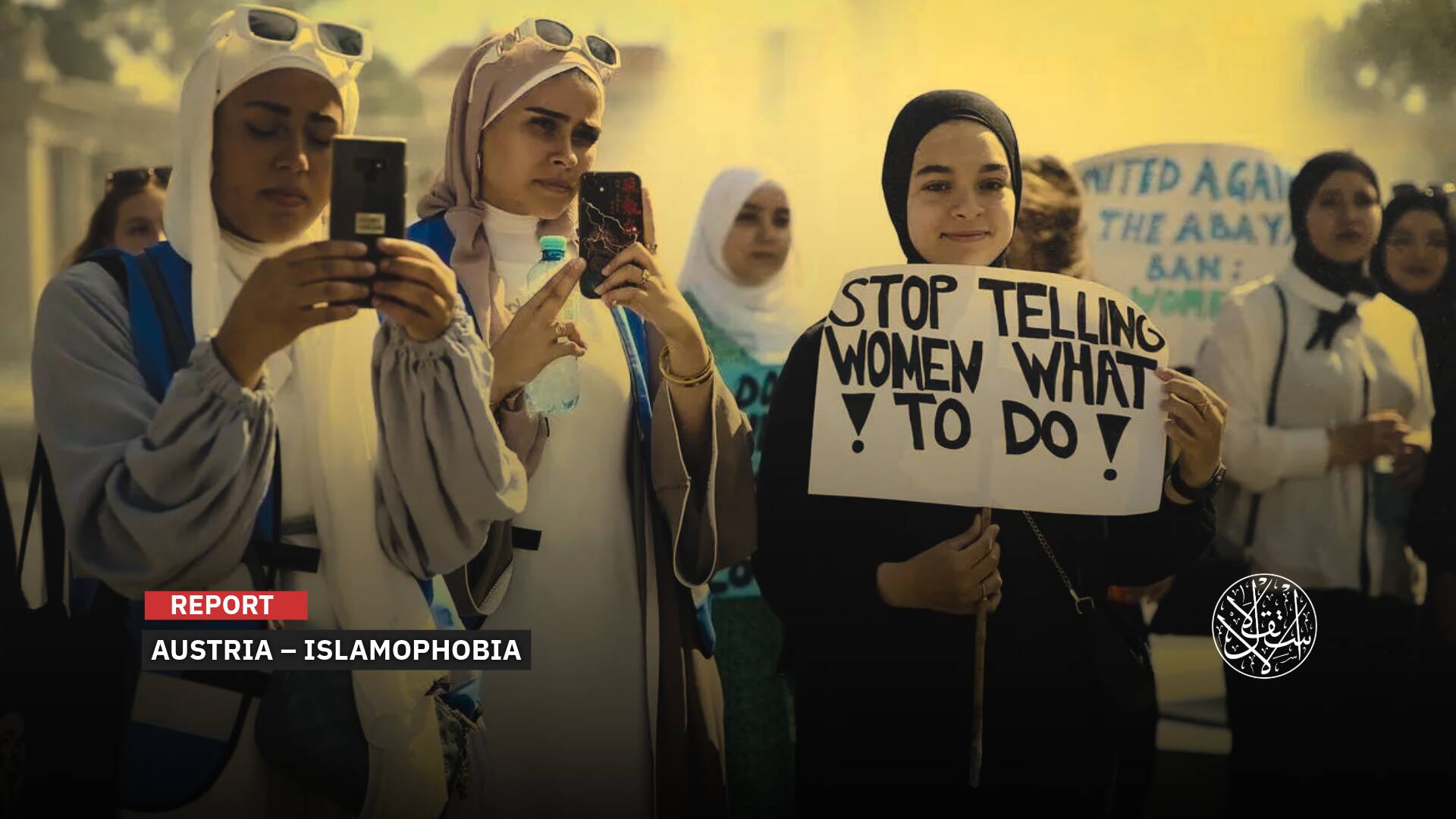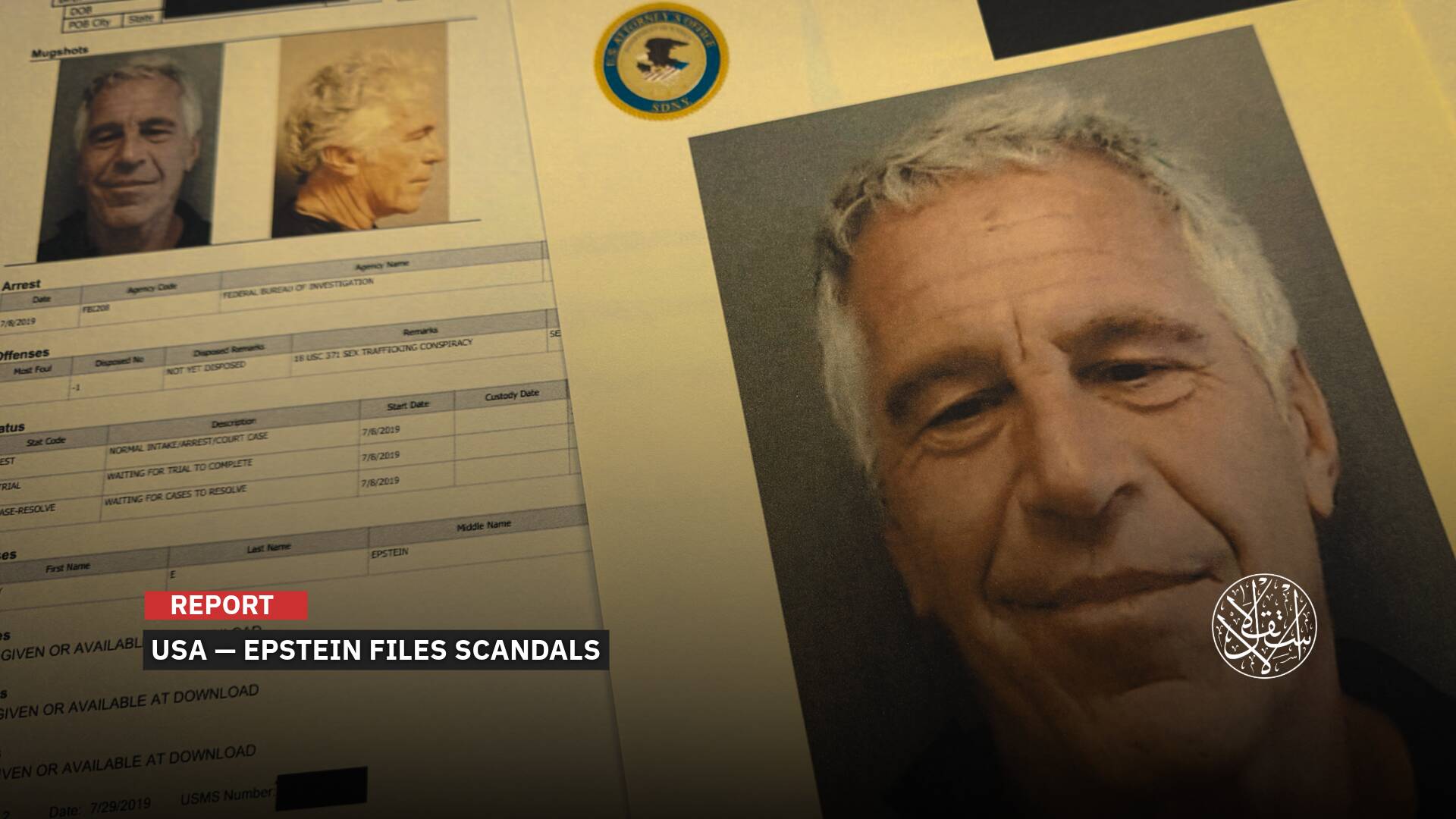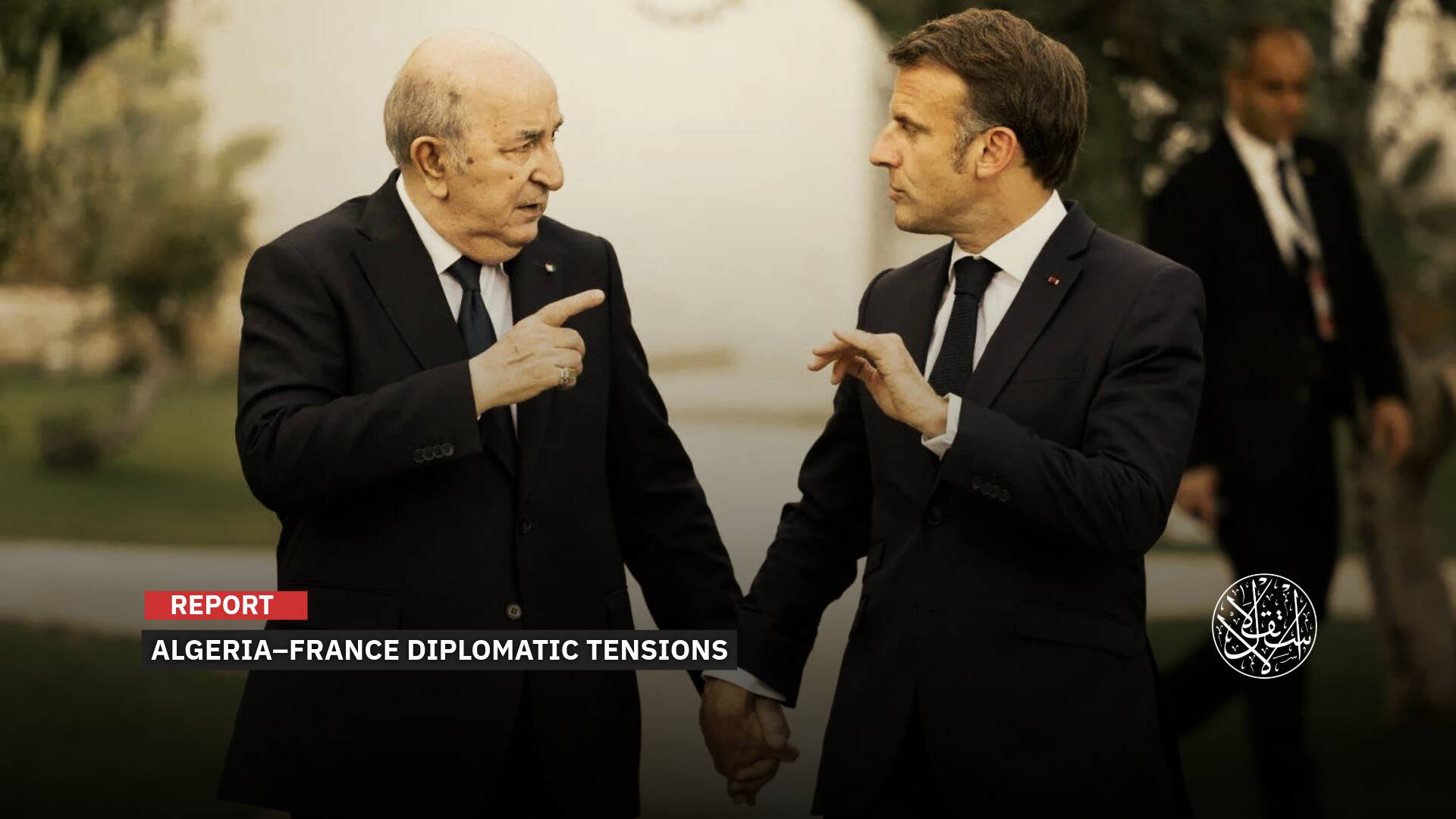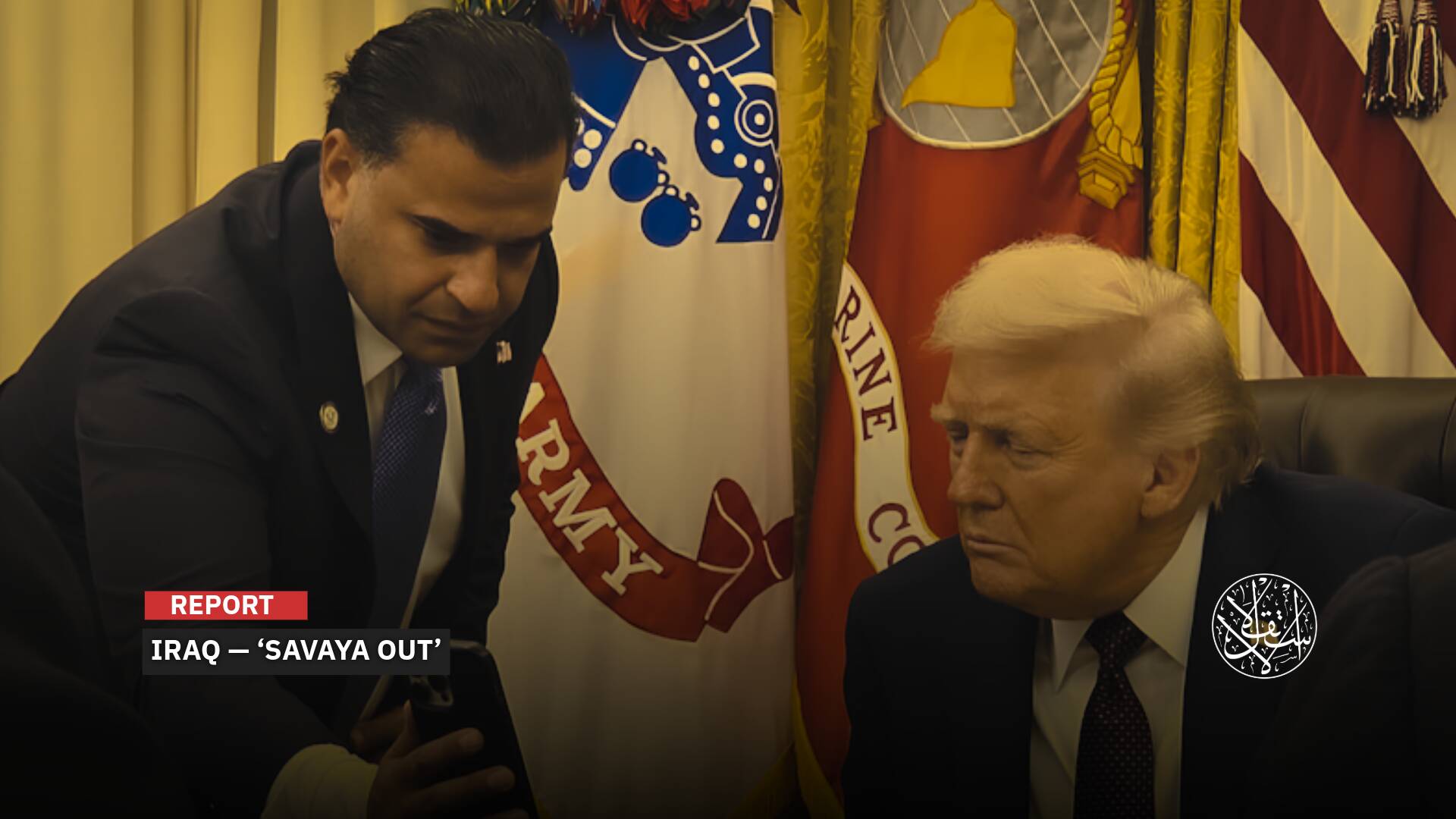Pezeshkian's Weak Stance: Defending Hezbollah's Right to Retaliate Yet Courting the U.S.

“The Americans must first prove their brotherhood before asking us to do so.”
Since taking office in Iran, reformist President Masoud Pezeshkian has consistently made provocative statements that seem to court the United States, despite affirming his country’s and Hezbollah’s right to retaliate against aggressions.
During Pezeshkian's inauguration on July 30, 2024, “Israel” assassinated Hamas leader Ismail Haniyeh in Tehran and Hezbollah’s military commander Fouad Shukur. The assassinations and attacks against the Iran-backed Hezbollah continued to escalate.
Iran has repeatedly vowed to respond to Haniyeh’s assassination, but its leadership, particularly Supreme Leader Ali Khamenei, has refrained from entering a direct war with 'Israel,' even as the Israeli Occupation escalates attacks on Iran’s regional allies, extending to a ground invasion of Lebanon.
Provocative Remarks
Despite his firm stance on the right to retaliate for Haniyeh’s killing, Pezeshkian's statements have included overtures to the U.S. and “Israel,” signaling Iran's desire to avoid war and seek de-escalation.
Most recently, upon his arrival at New York’s John F. Kennedy Airport to attend the 79th session of the UN General Assembly, Pezeshkian said, “Our message to the world is one of security and peace, far from war, bloodshed, and killing.”
In a statement to Iranian television following his arrival at the airport on September 23, Pezeshkian added, “Instead of war, bloodshed, and killing, we should create a world where all people can live in comfort, regardless of their color, race, or region.”
During the UN meetings, Pezeshkian also remarked that Iran was “ready for dialogue with Washington and to resolve disagreements, provided the U.S. adheres to its commitments. Our allies don’t take orders from us; they make decisions based on their self-defense assessments.”
“We are prepared to lay down our arms, but the question is, how willing is Israel to do the same? We are open to reducing tensions in the region, but Israel seeks to escalate and expand the conflict.”
In an interview with CNN on September 24, Pezeshkian stated, “Hezbollah cannot stand alone against a country [the Israeli Occupation] that is being defended and supported and supplied by Western countries, by European countries and the United States.”
When asked if Iran would urge Hezbollah to exercise restraint in its response to Israeli strikes (before the Israeli ground invasion of Lebanon), the Iranian president said that Hezbollah faces a well-armed state with access to weaponry far superior to anything else.
In a more unusual statement, Pezeshkian urged the U.S. to foster a friendly relationship: "We have not imposed sanctions on the U.S., built military bases around their country, or threatened them. If they prove their commitment to agreements, we will be brothers. We are not warriors, but men of peace.”
During a press conference in Tehran on September 16, Pezeshkian clarified that Iran holds no enmity toward any nation, asserting, “The Americans have made us into a warlike people; we are peaceful by nature.”
“The Americans cannot come and seize our land whenever they wish while we bow our heads in humility. The Americans must prove their brotherhood before asking us to do so.”
Gesture of Weakness
Commenting on this Western overture, Iraqi political researcher and academic Maythem Saheb said the reformist president has shown a clear desire to normalize relations with the United States since the start of his term.
He told Al-Estiklal that “Iran’s regime brought a doctor without a turban to the presidency to avoid the perception that its leadership is humiliated by submitting to and courting the West. They know his rhetoric well and pushed him into the office to present the image of a gentle lamb seeking to promote peace and reject war and escalation.”
The researcher stressed that “Pezeshkian’s messages through his statements reveal the Iranian regime's real fear of any war with Israel and the West. Such a war could potentially undo 40 years of work and achievements in terms of expansion and influence in the region, so Iran is prepared to sacrifice the Lebanese Hezbollah card to preserve its status.”
“Pezeshkian’s remarks about Hezbollah’s inability to face Israel alone suggest a willingness to abandon Iran’s most important arm in the region in terms of loyalty and armament. His stance seemed more like that of a mediator offering advice between conflicting parties rather than a participant.”
According to Saheb, “Iran cannot afford any external war at this point. It is no longer in the same position it was during the Iran-Iraq war in 1980, when the public was enthusiastic about defending the fledgling regime of the Supreme Leader. Today, the regime is old and faces significant internal dissent, and if war breaks out, multiple fronts could open up.”
Did Iran Abandon Hezbollah?
In a post on X dated September 24, researcher Liqaa Maki posed the question, “Will Iran abandon Hezbollah?” This question gained traction following the Iranian president’s repeated conciliatory gestures toward the United States.
He noted that “such positions, amidst Israel's fierce war against Hezbollah in Lebanon, suggest that Iran will not support its key ally in the region. This effectively halts fears of an all-out war and provides Israel the opportunity to continue its attacks without serious opposition from the U.S.”
“The Iranian stance does not signify a complete abandonment of Hezbollah as a core ally. Even during the 2006 war, Iran did not intervene militarily on its behalf, and the relationship continued. However, this time, the Iranian and regional contexts differ significantly, potentially leading to different outcomes,” Maki added.
In this particular war, the researcher stressed that “Iran understands that geopolitical changes are being engineered in the region, some of which are against its interests. It encourages its allies in the axis to fight, aiming to enhance its strategic chances of minimizing losses or maximizing gains.”
Maki views these allies as “fighters or tools serving Iran's objectives, rather than partners. These groups may believe their role is ideological and strategic, aimed at empowering Shiites across the region under Iranian leadership. Without Iranian support and leadership, they could face isolation in their own countries.”
The researcher predicted that “Iran will not abandon these forces, especially Hezbollah, as they are a successful investment. However, it may accept limiting their roles locally, shifting them closer to politics than militarization.”
“In exchange, Iran seeks rewards, including the lifting of sanctions and preserving some of its interests in Iraq, Lebanon, and Syria. It aims to transform into a regional power closer to the West, even if it continues to uphold revolutionary slogans.”
In another post on X dated September 17, Maki wrote, “We can understand Pezeshkian’s agenda of rapprochement with the U.S., as he ran and won on the promise of working toward this goal. He may indeed find cracks in the wall of sanctions against his country.”
The researcher further explained that “Pezeshkian is not expected to carry out his mission without the blessing of Khamenei. Iran’s cessation of attacks on Israel following Haniyeh's assassination in Tehran might be a result of the new president's approach, naturally with the Supreme Leader’s approval.”
‘Khamenei's Will’
Pezeshkian's rise to the presidency was driven by Khamenei, succeeding former conservative president Ebrahim Raisi, who died in a plane crash in northwestern Iran on May 19, 2024.
With over 53 percent of the vote, Pezeshkian defeated his conservative rival Saeed Jalili in the second round of the presidential election on June 5. This followed a first round a week earlier, featuring six candidates, none of whom secured a majority.
Following Mohammad Khatami (1997–2005) and Hassan Rouhani (2013–2021), Masoud Pezeshkian became the third reformist to assume the presidency in Iran since the 1979 overthrow of the secular monarchy and the rise of the Shia religious establishment to power.
The first sign of the regime's support for Pezeshkian was that the total votes for his three competitors in the first round, after two conservative candidates withdrew, surpassed 13 million. Meanwhile, the reformist candidate received 10.4 million votes.
Despite all conservative candidates rallying behind Jalili in the second round, garnering him 13 million votes, the reformist Pezeshkian secured 17 million votes. The Iranian Ministry of Interior attributed this to an increase in voter turnout, rising from 40 percent in the first round to 49.8 percent in the second round.

Despite the Guardian Council’s rejection of Pezeshkian’s candidacy in the 2021 presidential election due to “ineligibility,” it approved his participation in the most recent election after a direct intervention by the Supreme Leader, Ali Khamenei, without revealing the reasons.
In the last parliamentary elections he contested in 2024, Pezeshkian said that the Guardian Council initially disqualified him, citing his lack of practical commitment to the ruling system. However, Khamenei intervened and recommended that his eligibility be approved.
Pezeshkian had previously run for the Iranian presidency twice. He withdrew from the 2013 race after announcing his candidacy and failed to complete the 2021 race, which Ebrahim Raisi won, due to the Guardian Council’s rejection of his eligibility.
Some link the regime’s current willingness to back a reformist candidate with its rejection of such a move in 2009 when it insisted on Mahmoud Ahmadinejad serving a second term. Reformists at the time claimed the election results were rigged in his favor.
Following the disputed 2009 election results, massive protests erupted in Iran in support of opposition candidates Mir-Hossein Mousavi and Mehdi Karroubi, lasting into early 2010. These protests, known as the “Iranian Green Movement,” were met with violent repression by the authorities.
While the President of Iran heads the executive branch—one of the main pillars of governance along with the judiciary and the Islamic Consultative Assembly (parliament)—the country's true leader, with ultimate authority over major policies, is the Supreme Leader.
Sources
- After Approaching Washington, Iranian President Sparks Controversy by Bringing His Family to the United States [Arabic]
- Iranian President to CNN: We Must Not Allow Lebanon to Become Another Gaza; Hezbollah Cannot Face Israel Alone [Arabic]
- In Notable Remarks, Pezeshkian Discusses a 'Brotherly Relationship' with America, Conditional on One Requirement [Arabic]
- Iranian President: Our Allies Do Not Take Orders from Us and Make Decisions Based on Their Own Defense Assessments [Arabic]
- Pezeshkian from New York: 'We Seek Peace, Not War and Bloodshed' [Arabic]
- Iran Washes Its Hands of Israeli Aggression on Lebanon: 'Our Allies Do Not Take Orders from Us! [Arabic]
- Iran president says Hezbollah ‘cannot stand alone’ against Israel


